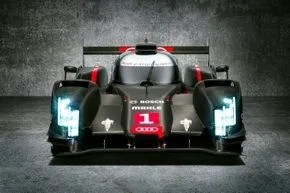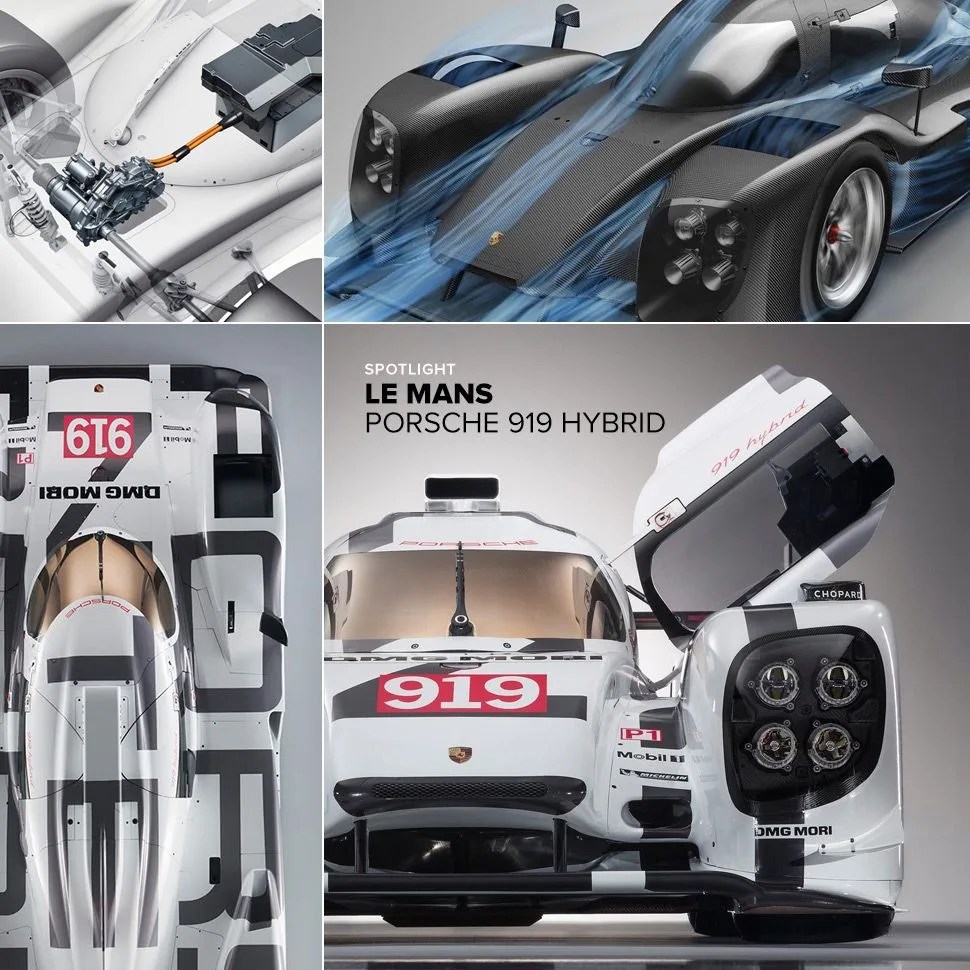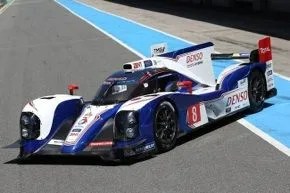Audi has won the 24 Hours of Le Mans 12 out of the last 14 years, a feat that cannot be understated, especially since Le Mans is one of the most challenging endurance races in the world. But there’s another brand whose record at the race is yet unmatched: Porsche, which has 16 wins total.
But those came during a different era. It all started with the iconic 917 in 1970; the last Porsche entry and victory was way back in 1998 with the smashing 911 GT1. This year, Porsche re-enters the Le Mans fray with a brand new car that will compete in the LMP1-H (Le Mans Prototype 1 – Hybrid) category, the spectacular 919 Hybrid car, just unveiled in Geneva.
PORSCHE GOING STRONG: GP Car of the Year: The 2014 Porsche Cayman S | Track Day: Porsche and Pirelli | Breakdown: Porsche Macan
Porsche might have an unrivaled Le Mans history, but the 919 Hybrid is all about the future. The entire car is brand new, including the 200 or so team members who helped bring the race car to reality, along with new manufacturing equipment at Porsche Motorsport’s facility. The 919 is a direct evolution of the 918 Hybrid supercar; Porsche calls it the most advanced race car they’ve ever built. It’s a combination of Porsche ingenuity and the very stringent new regulations for the category.
Porsche’s Fellow LMP1-H Pursuers
Audi R18 e-tron quattro


